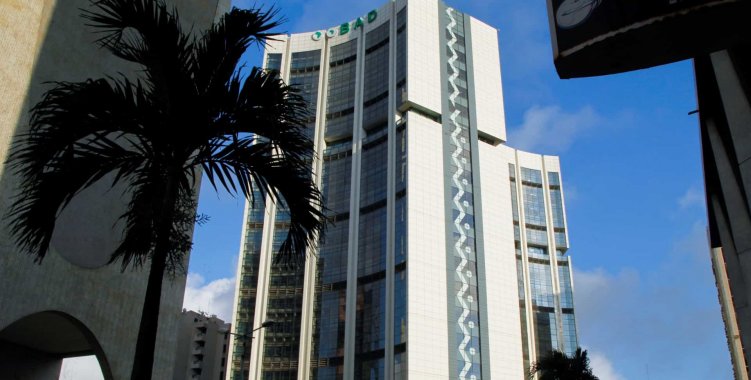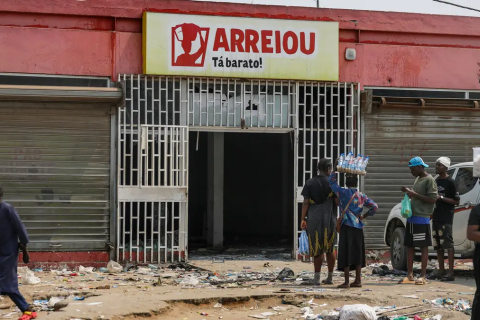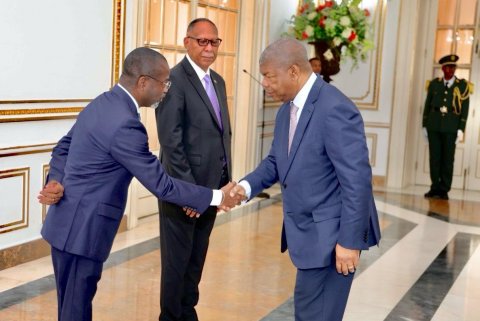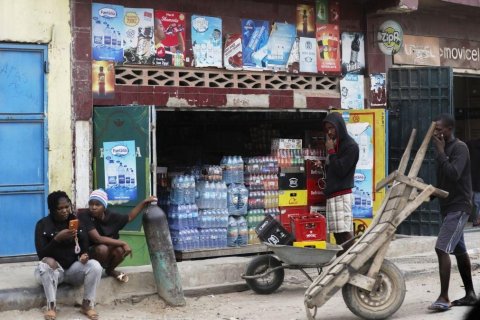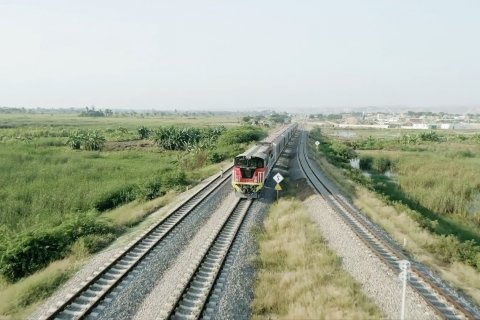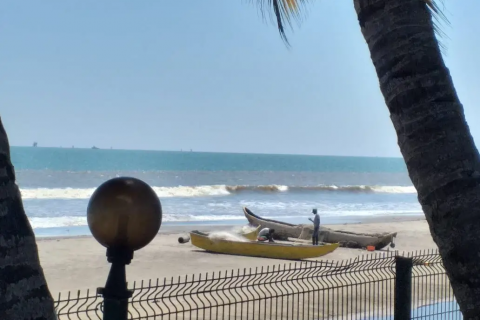The Minister of Higher Education, Maria do Rosário Sambo, who was speaking this Friday at the proclamation ceremony of the Angolan Academy of Sciences (AAC) in Luanda, acknowledged that the lack of effective funding for science is the greatest weakness in the implementation of the national science, technology and innovation policy and strategy.
To fill this "serious gap," he said, the Executive is completing the process of establishing a body responsible for managing the funding of science, which will have resources from the General State Budget (OGE) and external.
Despite the lack of a science funding body, he noted, the executive "has provided scientific research funding" through the Science and Technology Development Project (PDCT) and through SASSCAL (Southern African Science Centre for Climate Change and Adaptive Sun Management).
According to the government, the PDCT, which brings together the 42 projects already approved, is financed by the ADB, and another 100 proposals are under evaluation for further training on the development of scientific research projects.
"Subsequently, a new call for proposals will be launched for funding scientific research projects," she said.
Maria do Rosário Sambo also pointed out that the other source of funding is SASSCAL, a joint initiative of Angola, Botswana, Namibia, South Africa, Zambia and Germany, to which the government has already contributed 2.5 million euros over a four-year period.
"The executive paid the total Angolan contribution to SASSCAL from January 2021 to December 2024 in the amount of 2.5 million euros to provide the participation of Angolan scientific researchers, provided that they are submitted to scientific research projects with quality," he explained.
"It is up to Angolan scientific researchers to apply themselves to the maximum so that the country has the return due to their financial contributions, in the networks of international scientific cooperation, expressed in the increase of scientific productivity in our country," he exhorted.
According to the minister, the European Union Program to Support the Development of Higher Education (UNI.AO) made available six million euros to finance scientific research projects "whose notice will be announced in due course.
The lack of funding, she said, "justifies the precariousness of the scientific research laboratories, and a process is underway for the rehabilitation and improvement of some scientific research laboratories and the construction of a science and technology park under the Science and Technology Development Project.
The proclamation ceremony of the AAC, a non-profit and scientific civil society body, was attended by the vice-president of Angola, Bornito Baltazar de Sousa.
The vice-president said in his speech that problems such as poverty, malaria and other tropical diseases, growing urbanization, climate, agriculture, economy and the future "require the contribution of scientific knowledge and contribution" of AAC.
"This academy has long been necessary as an active subject in the promotion and dissemination of scientific knowledge in Angola and as a privileged partner of political decision-makers at the level of central state bodies and local and municipal administration," he noted.

